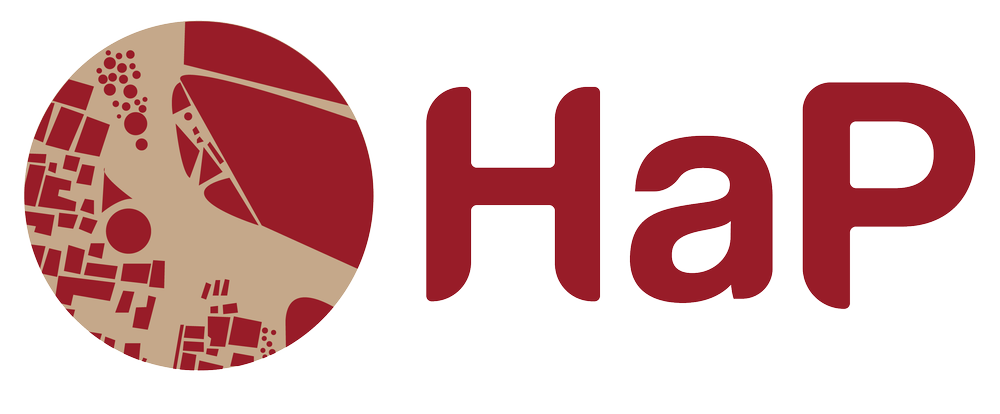Dr. Sabin Ninglekhu is Principal Investigator of Heritage as Placemaking: The Politics of Solidarity and Erasure in South Asia and is institutionally based at Social Science Baha, Kathmandu. He has a PhD in Geography from the Department of Geography and Program in Planning from the University of Toronto, Canada. His doctoral research focused on informal politics, local governance, landlessness, and the urban poor. In April 2021, he completed a four-year long post-doctoral studies project on the bureaucracy of rebuilding the ‘heritage town’ in the Kathmandu Valley, focusing on the reconstruction of private households as a primary unit of analysis from the perspectives of post-disaster urban governance and planning. The project was institutionally based in the Earth Observatory of Singapore, Nanyang Technological University.
Within Heritage as Placemaking, Sabin leads the ‘bureaucracy’ theme of the project, and focuses primarily on the towns of Janakpur (Nepal) and Ayodhya (India). Using these field sites as case studies, he will look at the tacit and implicit role of religion in particular, and heritage in general, in further particular urban planning agendas under the guise of tourism, development, and creating the ‘heritage city’, or the ‘world-class city’.
-
Sabin Ninglekhu, Patrick Daly, and Pia Hollenbach (2021). ‘Reclaiming Heritage: The Politics and Poetics of Newar Urbanism‘. In: Michael Hutt, Mark Liechty, and Stefanie Lotter, eds. Epicentre to Aftermath: Rebuilding and Remembering in the Wake of Nepal’s Earthquakes, 1st ed, pp.226-252. Cambridge University Press.
Sabin Ninglekhu (2017). ‘“Inauthentic” Sukumbasi: The politics of aesthetics & urgency in Kathmandu’. HIMALAYA. 37 (1), pp. 72–83.
Sabin Ninglekhu, Patrick Daly, Pia Hollenbach, Jennifer Duyne Barenstein, and Dori Nguyen (2017). ‘Situating local stakeholders within national disaster governance structures: Rebuilding urban neighbourhoods following the 2015 Nepal earthquake’. Environment and Urbanization. 29(2), pp. 403–424.
In conversation…
You are a geographer who works in heritage. Isn’t that a bit unusual?
Yes and no. Yes in the sense that geography, as a field, is not overly invested in ‘heritage’ as an area of study. So, there is no intellectual or historical precedent linking heritage studies and geography to the extent that perhaps there ought to be. However, it is also not unusual for a ‘geographer’ to be invested in ‘heritage’ because questions about ‘placemaking’ and (production of) ‘space’ are quite central to ‘heritage’. Needless to say, ‘space’ and ‘place’ together form the intellectual and theoretical arc of geography as a field.
What do you find particularly fascinating about the nexus of heritage and bureaucracy?
Part of the fascination comes from lack of adequate scholarly interest in ‘bureaucracy’ vis-à-vis heritage. Part of it comes from the normative question that I am generally interested in with regard to research—‘what is to be done’. Within such a question, the ‘doer’ here is linked to bureaucracy, as bureaucracy is understood as being central to governance and planning. However, the ‘doer’ can also be the researcher, in the sense of proposing a future that is more inclusive. For me, regarding heritage and bureaucracy as a nexus allows one to look into the questions of ‘doing’–‘doer’, and to analyze their relationship to one another.
What do you like about your new position as a team leader based in the Social Science Baha?
It is challenging. It is learning-by-doing. It is exciting. It is a matter of adding to the formation of the Social Science Baha community as well as a global sense of community committed to shared learning, growth, and friendships toward a very necessary and critical project of knowledge co-production.
Tell us something we don’t yet know about you—are you a secret badminton champion or a wizard at Minecraft?
In my head, I am a ‘ball-boy’ for the Arsenal Football Club.

